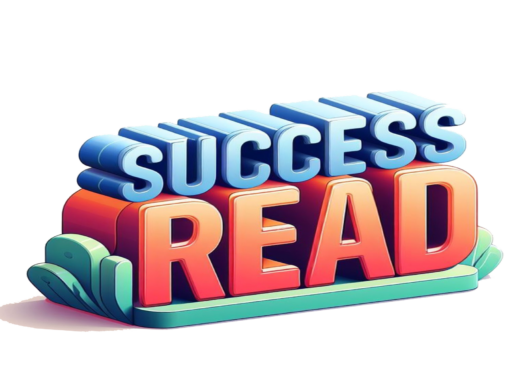
Intelligence is commonly perceived as an innate and unalterable trait, often associated only with individuals in scientific or mathematical fields. However, understanding the definitions of intelligence, remarkably fluid and crystallized intelligence, can shed light on the factors influencing intelligence and whether it can be enhanced. While some believe intelligence wanes with age, research suggests fluid intelligence declines post-adolescence, whereas crystallized intelligence tends to increase over time. This article aims to define fluid and crystallized intelligence comprehensively, highlight their disparities, and explore methods to bolster both forms of intelligence.
What is fluid intelligence?
Fluid intelligence encompasses learning, evaluation, reasoning, flexible thinking, and problem-solving abilities. Unlike crystallized intelligence, fluid intelligence is perceived as independent of learning, experience, or training. Educators and employers often assess fluid intelligence through aptitude tests, as they can predict academic and career success to some extent. Liquid intelligence development begins early in life, peaking during adolescence and gradually diminishing.
What is crystallized intelligence?
Crystallized intelligence stems from experiences and represents acquired knowledge and skills throughout life. Tests assessing specific knowledge, like those administered to job applicants or school exams at semester’s end, exemplify crystallized intelligence. While crystallized intelligence continues to grow with life experiences, its rate of development slows in adulthood without ceasing entirely. Unfortunately, mainstream education predominantly emphasizes boosting crystallized intelligence over fluid intelligence.

Distinguishing between fluid and crystallized intelligence
- Fluid intelligence operates within short-term memory, whereas crystallized intelligence resides in long-term memory.
- Crystallized intelligence increases with age, while fluid intelligence typically declines.
- Fluid intelligence denotes current abilities, while crystallized intelligence signifies learned knowledge.
- Fluid intelligence encompasses functions such as working memory, processing speed, reasoning, cognitive control, and creativity, while crystallized intelligence manifests in practical, factual, specialized knowledge and wisdom.
Examples of fluid and crystallized intelligence in action
When devising a strategy to solve a complex math problem, one utilizes fluid intelligence, while the knowledge applied to solve it stems from crystallized intelligence. Similarly, constructing a table using carpentry skills learned from one’s father exemplifies the application of crystallized intelligence in scenarios where new challenges arise, such as the need for alternative tools and fluid intelligence steps to analyze and overcome obstacles.

Fluid intelligence vs. crystallized intelligence: Which is more important?
Neither fluid nor crystallized intelligence holds superiority; both are essential for problem-solving in various life situations. Moreover, these two forms of intelligence mutually influence each other. To improve crystallized intelligence, one often needs to enhance fluid intelligence, even though fluid intelligence usually declines after adolescence. Strategies to bolster both types of intelligence will be explored further.
How to enhance fluid and crystallized intelligence
While fluid and crystallized intelligence primarily develops in early life, opportunities for improvement persist into adulthood, even up to age 40 or beyond. Studies from 2014 suggest room for enhancing fluid intelligence through brain training.
Ways to boost fluid intelligence:
- Engage in regular exercise.
- Reduce stress levels.
- Cultivate creativity.
- Challenge yourself.
- Foster social connections.
- Play strategic games like chess.
Crystallized intelligence, on the other hand, hinges on accumulated knowledge and information. Hence, expanding one’s knowledge base is critical to augmenting crystallized intelligence.

Ways to strengthen crystallized intelligence:
- Learn a new language.
- Master a musical instrument.
- Commit to reading regularly.
- Participate in skill-building classes.
Moreover, habits such as prioritizing adequate sleep, maintaining a balanced diet, relying less on digital devices for memorization, exploring new genres in media consumption, and diversifying travel routes can further enhance intelligence.
In conclusion,
Continuously seek new experiences and challenges in life. Expand your skill set by learning new languages or mastering new activities. The more you stimulate your brain with novel tasks, the better equipped you’ll be to navigate life’s complexities. What actions will you take today to sharpen your intelligence? We hope this article provides valuable strategies to fortify fluid and crystallized intelligence. You can gain better control over your performance and behaviors through consistent practice and application of these methods.

Comments